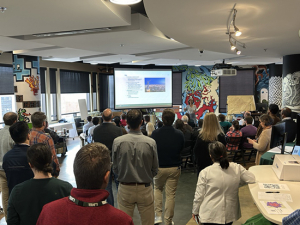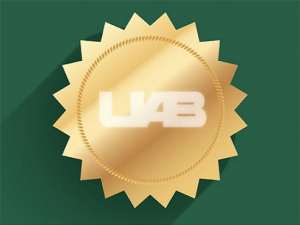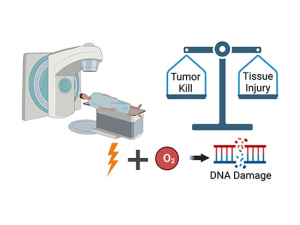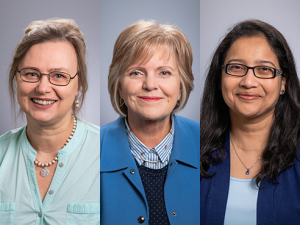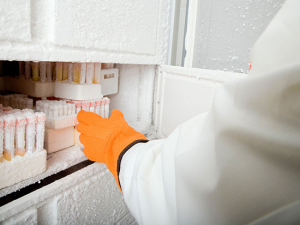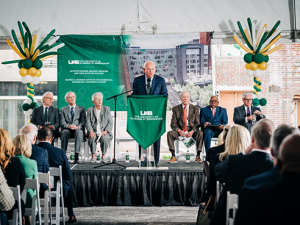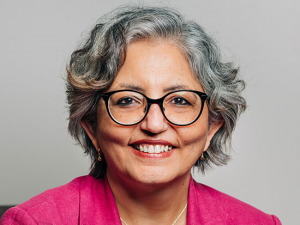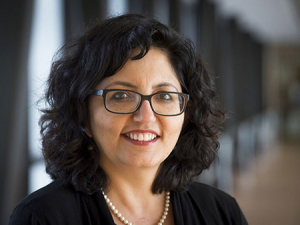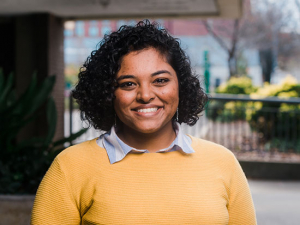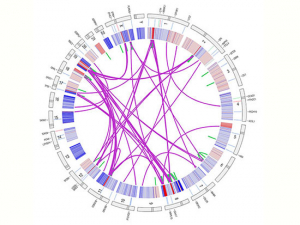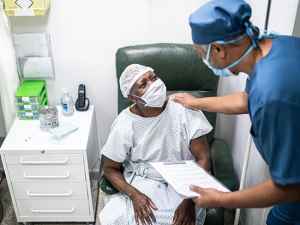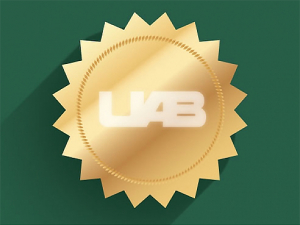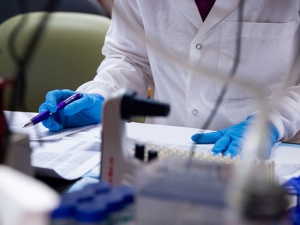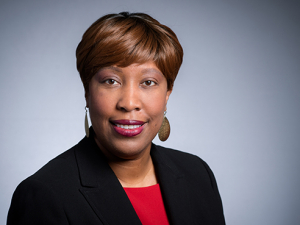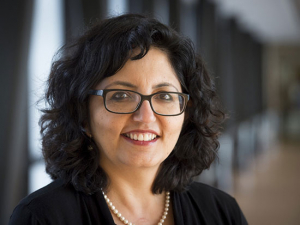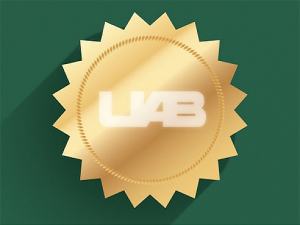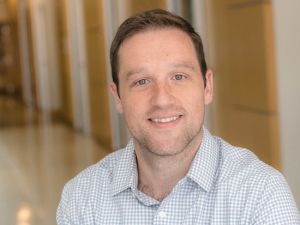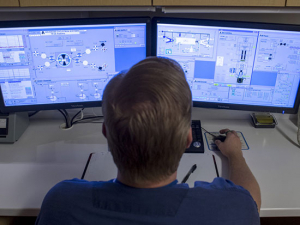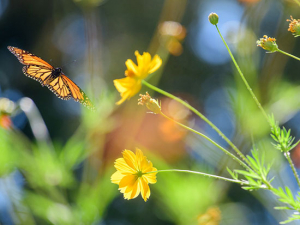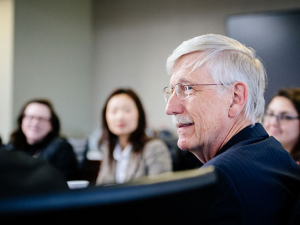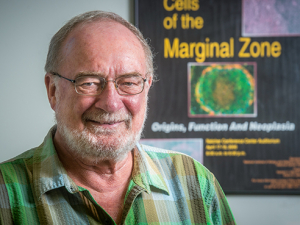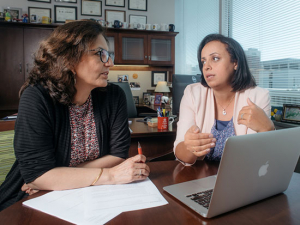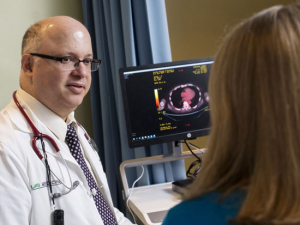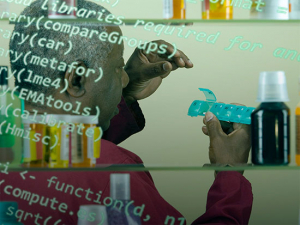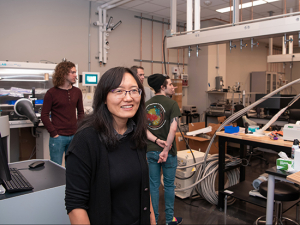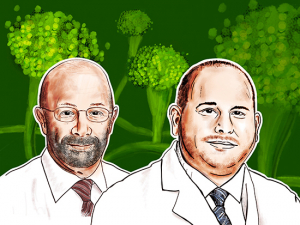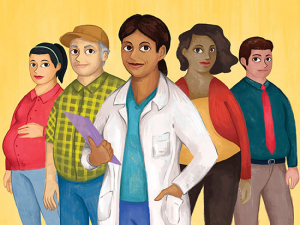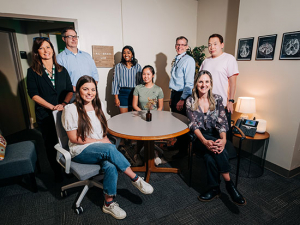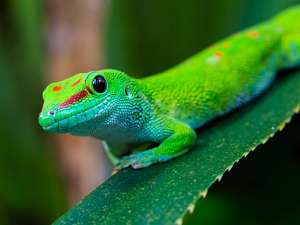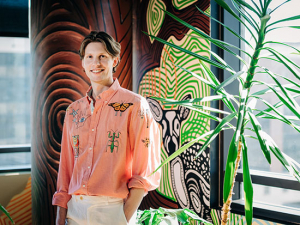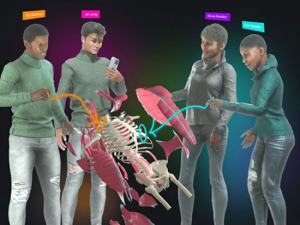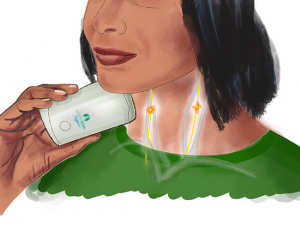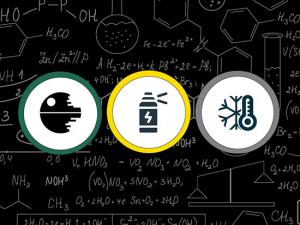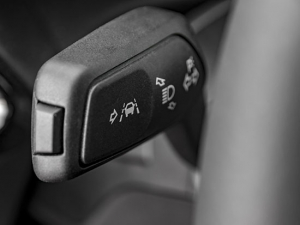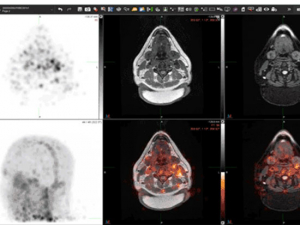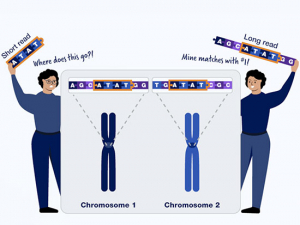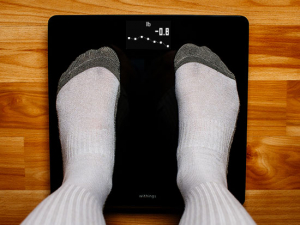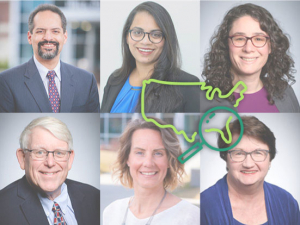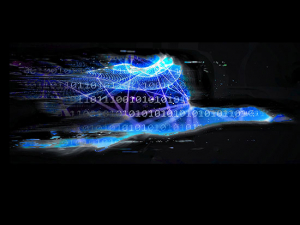Displaying items by tag: oneal comprehensive cancer center
Flash radiation therapy delivers an ultra-fast, ultra-high burst that has the same deadly effect on tumors with fewer side effects for patients.
Tatyana Gavrikova, Sherry Polhill and Aparna Tamhane are the fourth-quarter 2022 honorees of the UAB Shared Values in Action Program, which honors those whose work exemplifies and embodies Forging the Future's shared values. Nominations for first-quarter 2023 honorees are open through Feb. 28.
The university achieved innumerable accomplishments this year, including two program 50th anniversaries, a milestone gift to the College of Arts and Sciences, and the announcement of a new conference for UAB Athletics.
The University of Alabama System Board of Trustees also voted to accept endowments for four chairs, a professorship and a lecture.
Smita Bhatia, M.D., has affected the lives of childhood cancer patients around the world, as well as many young researchers interested in following her path in survivorship and outcomes research, earning her selection for the academic medical center’s highest faculty honor.
Funding allows students to skip summer jobs and take on projects ranging from the Amazon union vote and plastic pollutants to the health effects of housing and teen sleep habits.
Assistant Professor Noha Sharafeldin, MBBCh, Ph.D., presented cancer-related findings from the massive N3C database of records from COVID-positive patients at 55 institutions nationwide, including UAB. Results — including a significant increase in risk of death among patients who recently had chemotherapy — were published simultaneously in the Journal of Clinical Oncology.
This year, the university recognizes 50 years of service by Jeanne Hutchison, Ph.D., and Ferdinand Urthaler, M.D., and 45 years of service by Robert Kim M.D., and Joseph Lovetto. In addition, 294 employees with 20 or more years and 904 with five, 10 and 15 years will honored for their longevity.
Responding to a challenge like none other, investigators made crucial discoveries, developed new treatments and went above and beyond to serve the campus community and beyond.
Shauntice Allen, assistant professor of environmental health sciences, is the winner of the 2020 Odessa Woolfolk Community Service Award for her work to influence change in the greater Birmingham community and beyond through community engagement.
Women who had total body irradiation to prepare for blood or marrow transplantation before age 30 had a 4.5-fold increase in their risk of developing breast cancer later in life.
Endowed chairs in cancer disparity research and psychiatry were appointed, along with endowed professorships in pediatrics and otolaryngology; all are inaugural holders.
In this project supported through UAB’s urgent COVID-19 research fund, Assistant Professor Benjamin Larimer, Ph.D., adapts his lab’s work on phage display — normally used to identify new cancer treatments — to overcome limitations of antibody and vaccine testing.
New UAB research is combining mathematical modeling and advanced imaging to find the right mix of therapy for patients with a common subtype of breast cancer.
Stress is unavoidable in this uncertain time. But as Professor Diane Tucker, Ph.D., explains, you can take control — and make the most of this historic opportunity.
John Kearney, Ph.D., Distinguished Professor in the Department of Microbiology, will be honored for 45 years of service to UAB during the annual Service Awards banquet March 6.
UAB-led study finds that genetic variations associated with cognitive decline after BMT identify high-risk patients more accurately than current methods.
An innovative study led by Luciano Costa, M.D., Ph.D., generated national buzz for its success in beating back blood cancer — and enrolling African American patients.
Investigators attract major grants to use AI on failed drug trials, cell-free DNA and puzzling CT scans.
